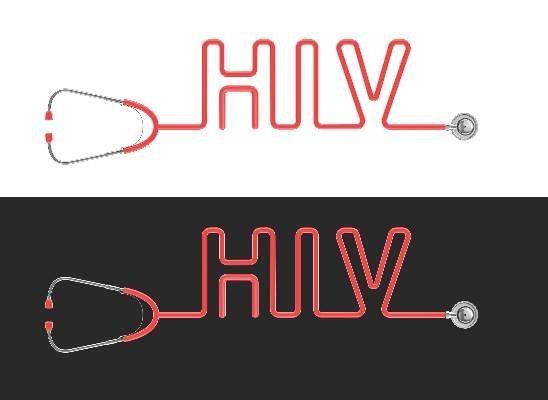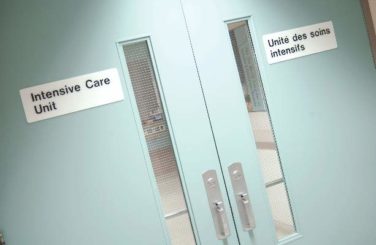FROM MORBIDITY AND MORTALITY WEEKLY REPORT
Only 38% of African Americans newly diagnosed with HIV infection received consistent care during the next 3 years, compared with half of Hispanic/Latino and non-Hispanic white patients, investigators reported. The results were published online Feb. 4 in Morbidity and Mortality Weekly Report.
The care gap affected African Americans of all genders, regardless of how they were infected, said Dr. Sharoda Dasgupta and her associates at the Centers for Disease Control and Prevention. Moreover, although African Americans make up just 12% of the United States population, they comprised 45% of newly diagnosed HIV infections in 2013, the researchers said. “Racial and ethnic disparities in HIV care limit access to antiretroviral therapy, perpetuating disparities in survival and reduced HIV transmission,” they added.
Consistent HIV care is essential for long-term viral suppression, which not only improves individual outcomes but helps prevent HIV transmission. To parse out retention in care by race and ethnicity, the researchers analyzed National HIV Surveillance System data on patients who were diagnosed with HIV infection in 2010 and remained alive in 2013. They found that proportionately fewer blacks were retained in care for each year analyzed. Retention in care was even less common for black male patients (35%) than black females (44%), particularly if black males injected drugs (33%) or injected drugs and had sex with other men (26%) ( Morb Mortal Wkly Rep. 2016;65[4]:77-82 ).
Efforts to promote early diagnosis and linkage to care for African Americans might help reduce these disparities, the researchers said. They offered no new ideas, but recommended “continued collaboration among health care providers, community-based organizations, and state and local health departments [to] strengthen programs that support both early linkage to care after HIV diagnosis across all racial and ethnic groups, and expansion of proven methods for improving retention in care.”
Historically, African American women have faced especially high burdens related to HIV infection, and that disparity persists, according to another study by CDC investigators. Dr. Renee Stein and her associates analyzed national data on HIV testing events and prevention services that were funded by the CDC and led by state and local health departments and community-based organizations between 2012 and 2014 ( Morb Mortal Wkly Rep. 2016;65[4]:83-5 ).
Testing events for black women fell by 8% during this period, despite the fact that they made up 62% of all new diagnoses of HIV infection in 2014 and experienced no decline in infection rate, the researchers said. Although the percentage of black females who were linked to HIV care within 90 days of diagnosis rose from 34% to 50%, that proportion remained well below the White House goal of 85%.
The investigators recommended boosting HIV testing among black females to raise awareness of HIV status and “ensure that every black female with HIV infection is linked to HIV medical care soon after her diagnosis, is retained in care, and achieves viral suppression.”
The investigators in both studies made no disclosures.






